With the desire for consumers to know the origin of agricultural products so that they can feel secure when buying and using them, and also as a way to promote agricultural products, some farm owners in the province have begun to apply QR codes on their products to bring to conferences and supermarkets before reaching consumers.
 |
| Customers look at tomatoes with QR codes at Co.opmart Nha Trang Supermarket. |
Using the phone to scan the QR code attached to the coconut at Mr. Nguyen Phi Truong's organic fruit farm at the foot of Phuong Hoang mountain (Ninh Tay commune, Ninh Hoa town), we saw a series of information appear introducing the farm, origin, and source of the coconut... Mr. Truong shared that the coconuts, guavas, papayas... with QR codes and sold on the market are all grown using organic methods, without using any chemicals. His farm has 2,000 organic trees of various types such as: coconuts, papayas, apples, guavas, plums, rambutans, strawberries, saboche, tangerines, jackfruits, longans... After the farm produced the first sweet fruits, he contacted a number of hotels specializing in serving conferences in Nha Trang city and the hotel owners agreed to buy them. He learned how to attach QR codes to fruits from farms abroad. He wrote information about the origin of the fruit, introduced his farm, and asked a friend who specializes in information technology to design and create a QR code. Besides helping consumers feel secure about the origin of the fruit, this also contributes to promoting the brand and fruit in Ninh Hoa town.
 |
| Mr. Truong with the product with QR code. |
According to the reporter's records, at some supermarkets in the province, some types of agricultural products for sale are also attached with QR codes by some farm owners. Using her phone to scan the QR code when buying tomatoes at Co.opmart Nha Trang Supermarket, Ms. Chu Thanh Mai (Nha Trang City) shared that the QR code shows certificates of quality and safety, locating the address where the tomatoes were grown, so she feels secure when buying. Nowadays, consumers tend to pay more attention to protecting their health, so they choose very carefully, prioritizing agricultural products with clear origins, completely clean, and no chemicals to use even though the price is higher than the market.
 |
| Sweet potatoes are labeled with QR codes at Co.opmart Supermarket Nha Trang Branch. |
Mr. Vo Phi Hai - Deputy Director of Co.opmart Nha Trang Supermarket said that the supermarket always supports and creates the best conditions for Vietnamese suppliers to bring goods into the system. The products all have clear origins, with certifications such as: High-quality Vietnamese goods, OCOP goods... Regarding QR codes, the system currently does not have mandatory regulations; however, suppliers importing goods to the supermarket have proactively done so to promote to consumers. The images and information on the packaging are confirmed by the Saigon Coop Quality Management Department to be correct. Saigon Coop encourages businesses to stick QR codes on products, especially agricultural products, so that customers can easily view necessary information about the products.
 |
| Delegates attending a conference enjoy QR coded coconuts. |
 |
| Each coconut is attached with a QR code. |
According to the representative of the Provincial Department of Standards, Metrology and Quality, currently, before bringing their products to the market, businesses and farm owners are mainly given codes, barcodes, stamps, and certificates of food safety and origin on the products. Attaching QR codes on agricultural products is not mandatory, mainly because farm owners want to promote their products. However, this is also a good way for consumers to know clearly about the origin, and feel more secure when buying and using the products.
THAI THINH
Source




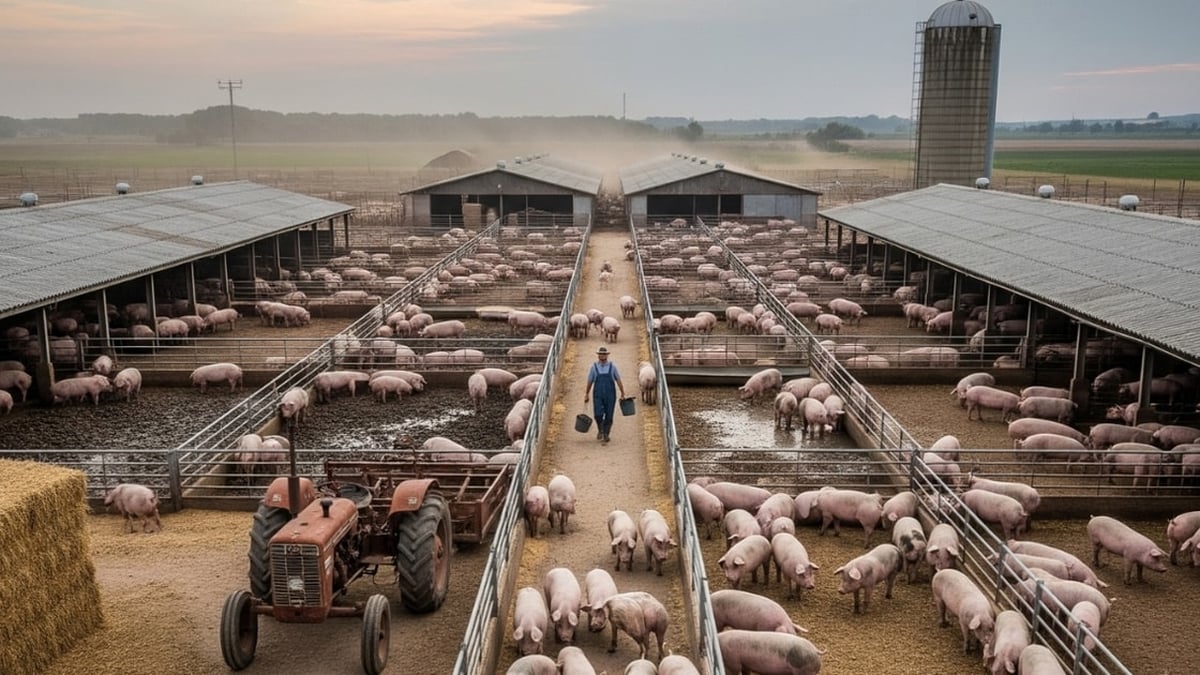

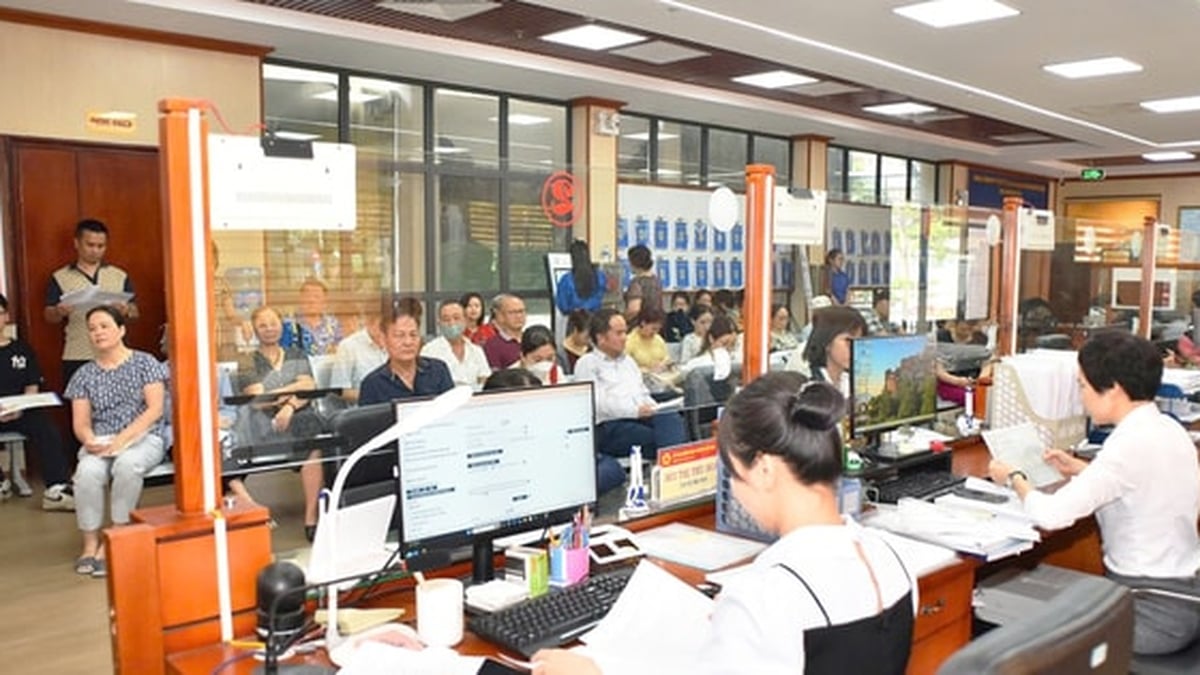
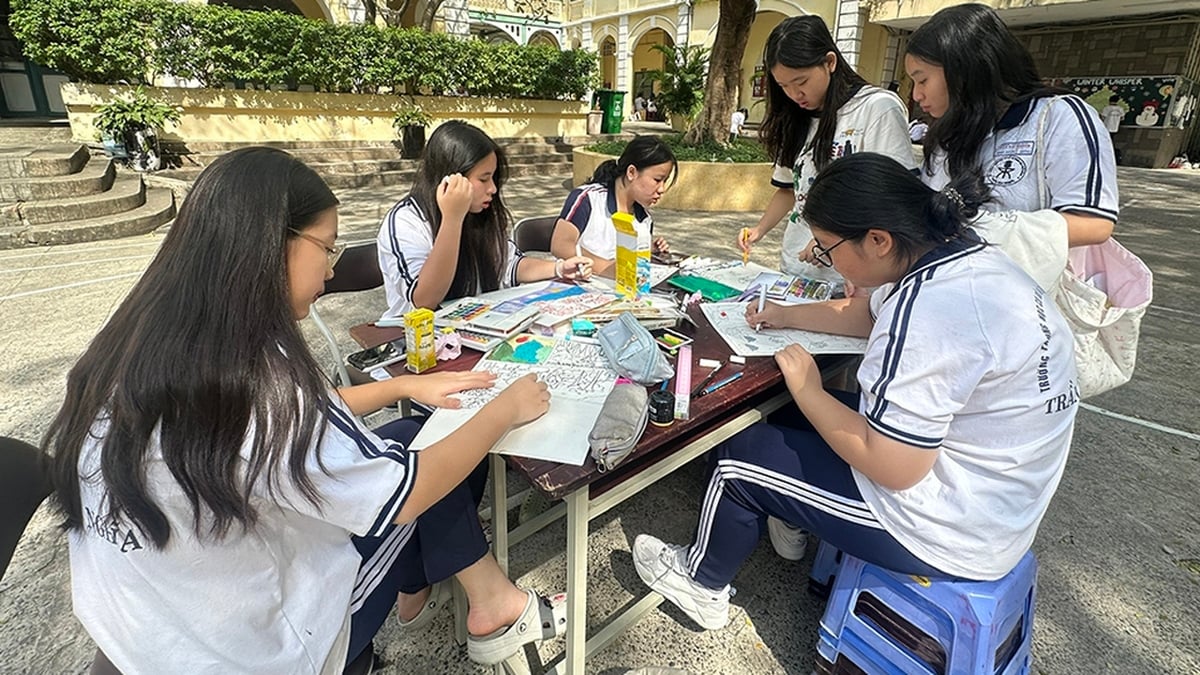



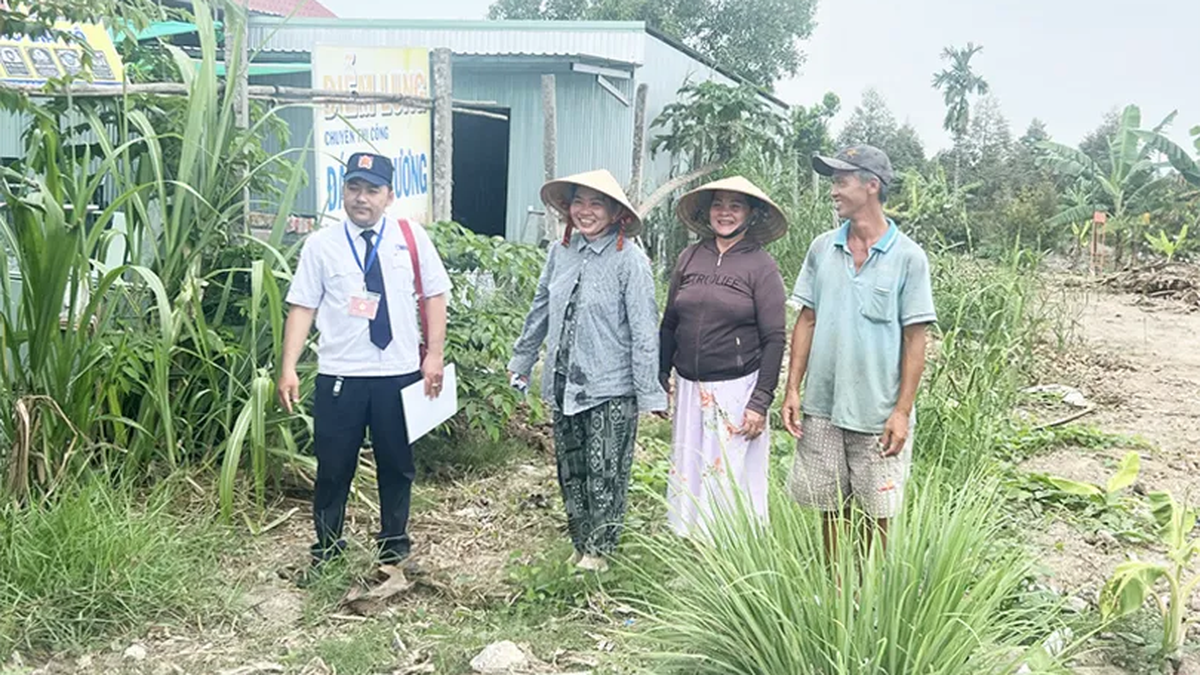










![[Photo] Discover the "wonder" under the sea of Gia Lai](https://vphoto.vietnam.vn/thumb/1200x675/vietnam/resource/IMAGE/2025/8/6/befd4a58bb1245419e86ebe353525f97)



![[Photo] Nghe An: Provincial Road 543D seriously eroded due to floods](https://vphoto.vietnam.vn/thumb/1200x675/vietnam/resource/IMAGE/2025/8/5/5759d3837c26428799f6d929fa274493)

























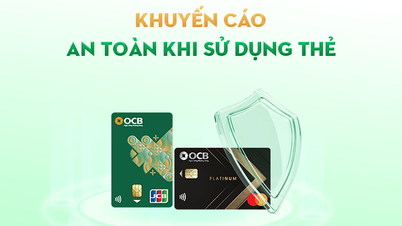
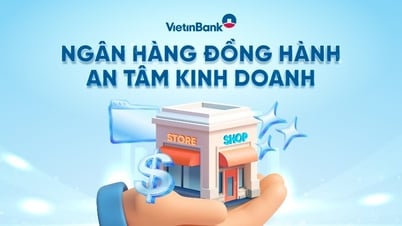

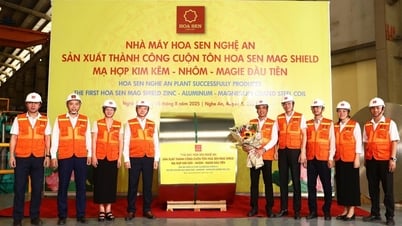

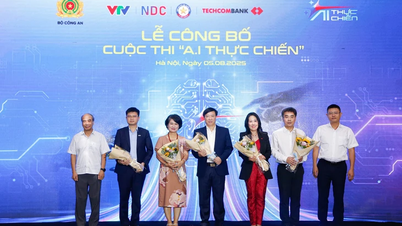
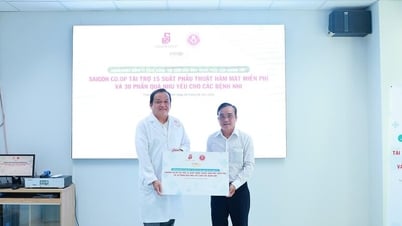





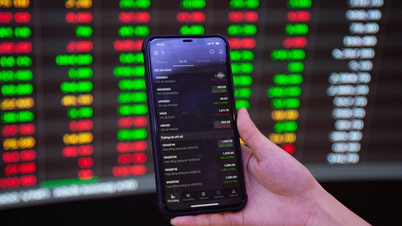


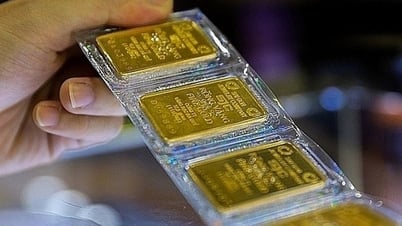


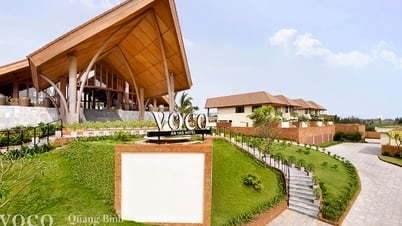
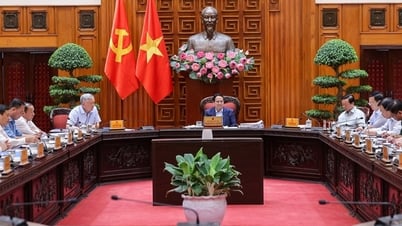
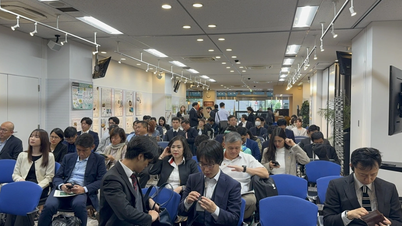






















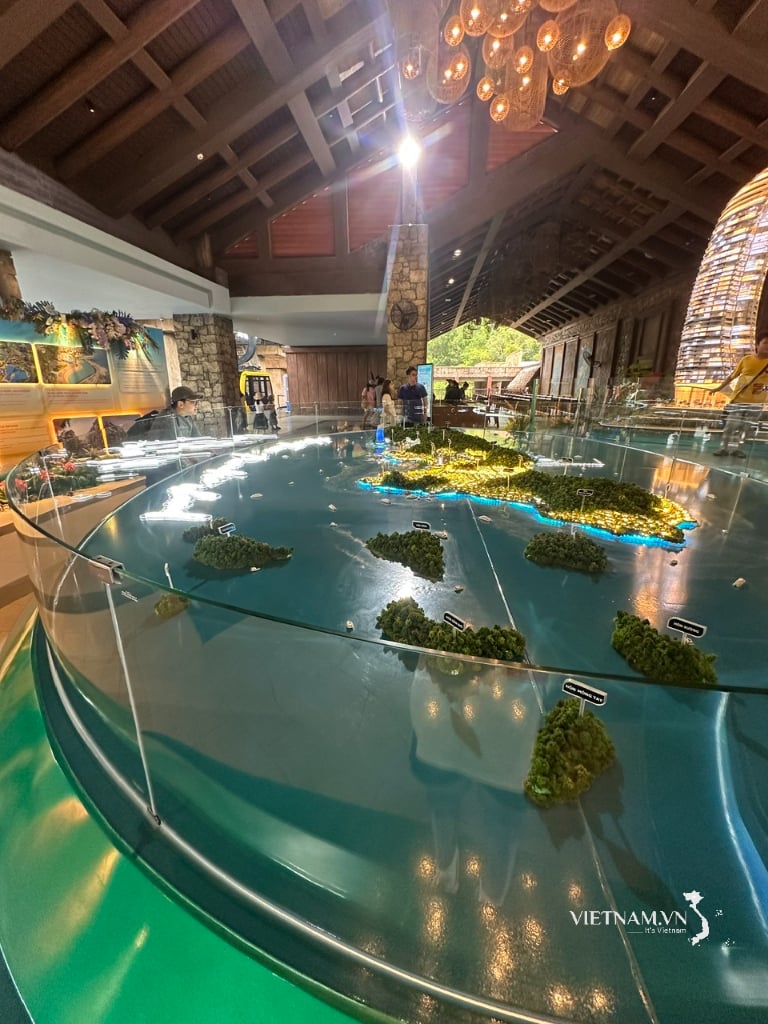

Comment (0)